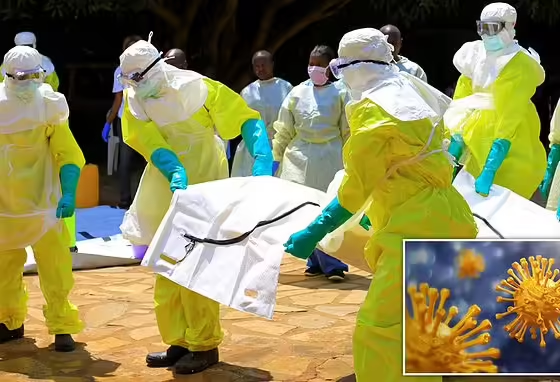New Delhi, 14 December 2024: Tuberculosis (TB), a preventable and curable disease, continues to impose a significant economic burden on patients in India, as highlighted by a recent study conducted by the Indian Council of Medical Research (ICMR). The findings reveal that patients suffering from TB bear substantial direct and indirect costs, including those related to loss of productivity and prolonged hospital stays, often leading to financial hardship.
TB’s Economic Burden: A Dual Challenge
TB not only poses severe health challenges but also imposes indirect costs in the form of lost wages and reduced productivity, especially for those in low-income groups. According to the study, patients often lose substantial workdays, which, coupled with the expenses for hospitalization and medications, leaves many families struggling financially. The financial impact is exacerbated for daily wage laborers and self-employed individuals, who lack a safety net to compensate for lost income.
Hospitalization and Its Hidden Costs
The ICMR study highlighted that hospitalization for TB patients, though necessary for treatment and recovery, often leads to spiraling costs. Expenses related to medical care, tests, transportation, and the cost of caregivers add up quickly. Many patients have to sell assets or borrow money to cover these costs. For marginalized groups, this results in long-term economic instability.
Women and Vulnerable Populations Hit Harder
The study points out that TB affects women and marginalized communities disproportionately. Women, particularly those in rural areas, often delay treatment due to social stigma, resulting in more severe disease progression and higher healthcare costs. Vulnerable populations, including those living in poverty or malnourished, are at greater risk of contracting TB, and their financial struggles often prevent them from completing their treatment regimen.
Policy Interventions Needed
Experts recommend addressing the economic burden of TB through comprehensive policies. While India’s National Tuberculosis Elimination Program (NTEP) provides free diagnostic and treatment facilities, indirect costs such as transportation, nutritional support, and productivity loss remain largely unaddressed. Programs like the Nikshay Poshan Yojana, which offers financial support to TB patients for nutritional needs, are a step in the right direction but need broader implementation and greater awareness.
Strengthening Workplace Support
One of the study’s key recommendations is the need for workplace interventions to support TB patients. Employers should be encouraged to offer paid sick leave or flexible working conditions to TB patients, reducing their economic vulnerability. Education campaigns can also help reduce stigma and ensure patients feel supported during their treatment journey.
Call for Global Action
As India accounts for a significant proportion of the global TB burden, the findings of this ICMR study call for urgent attention. Addressing TB’s economic burden is essential to achieving the country’s goal of eliminating TB by 2025. International collaboration and increased funding for research, coupled with targeted interventions at the community level, are crucial steps toward alleviating the disease’s social and economic impact.
The ICMR study underscores the urgent need to address the financial implications of TB on patients and their families. While progress has been made in providing free treatment, the indirect costs continue to derail patients’ economic stability. Holistic approaches that integrate healthcare with social and economic support systems are essential to tackle TB comprehensively.











